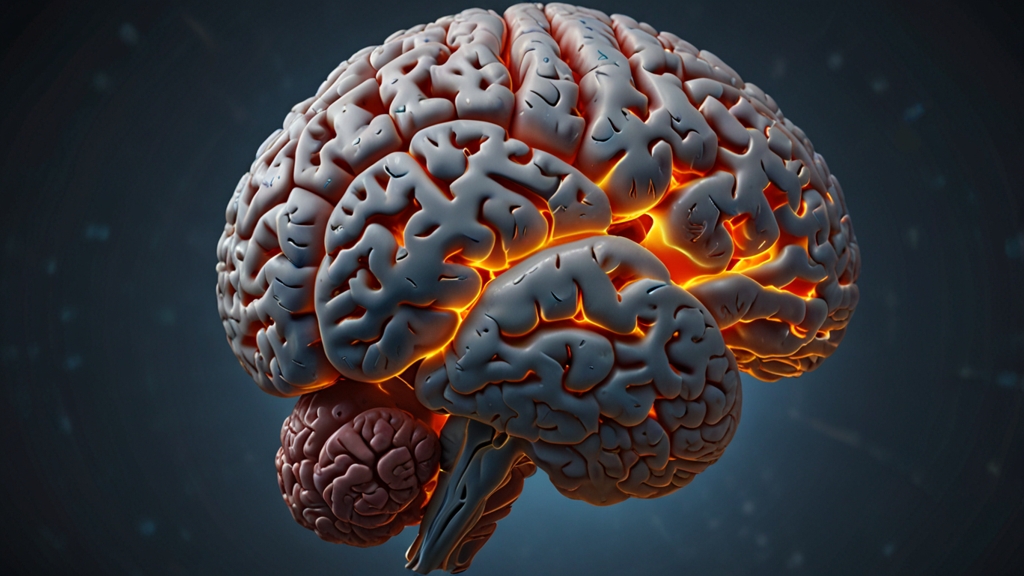The Revolutionary Impact of the New Testament on Modern Ethics
The New Testament, a cornerstone of Christian theology, has left an indelible mark on the ethical framework of contemporary societies. Its teachings, primarily centered on the life and words of Jesus Christ, have profoundly influenced moral philosophies and behavioral standards across various cultures and epochs. By examining key aspects of the New Testament, we can understand its revolutionary impact on modern ethics.
The Principle of Love and Compassion
One of the most salient themes of the New Testament is love and compassion. Jesus Christ's commandment to "love your neighbor as yourself" (Mark 12:31) reshaped moral discourse by emphasizing empathy and altruism. This principle transcends mere tolerance, advocating for proactive kindness and understanding.
"But I tell you, love your enemies and pray for those who persecute you, that you may be children of your Father in heaven." (Matthew 5:44-45)
Such directives challenge individuals to rise above instinctual biases and animosities, fostering a culture of reconciliation and unity. The Golden Rule, «Do to others as you would have them do to you» (Luke 6:31), encapsulates this ethic perfectly, now a foundational element in many secular ethical theories and human rights doctrines.
Dignity and Worth of the Individual
Another groundbreaking concept introduced by the New Testament is the inherent dignity and worth of every human being. The belief that all people are created in the image of God (Genesis 1:27) is extrapolated in the New Testament to assert the equal value of all individuals regardless of status, gender, or ethnicity. This notion was revolutionary in a context marked by social stratification and systemic injustice.
Paul the Apostle’s declaration in Galatians 3:28, "There is neither Jew nor Greek, slave nor free, male nor female, for you are all one in Christ Jesus," is a clarion call for egalitarianism. In modern times, this concept has galvanized movements for social justice and equality, encouraging the dismantling of oppressive systems and promoting inclusivity.
Forgiveness and Redemption
The ethos of forgiveness and redemption, central to the New Testament, has had a profound influence on personal and collective ethical practices. Jesus' teachings not only advocate for forgiveness of others but also embed the possibility of personal transformation and redemption.
"If we confess our sins, he is faithful and just and will forgive us our sins and purify us from all unrighteousness." (1 John 1:9)
This framework provides a mechanism for ethical self-improvement and communal harmony. By advocating for forgiveness, it supports the resolution of conflicts and heals interpersonal and societal rifts. In modern judicial systems, the principles of restorative justice reflect this influence, emphasizing reconciliation and rehabilitation over retribution.
Servant Leadership
The New Testament also redefines leadership through the paradigm of servant leadership. Jesus’ model of servanthood, wherein he washed the disciples’ feet (John 13:1-17), signifies a leadership that is humble, service-oriented, and self-sacrificial. This concept stands in contrast to authoritarian and coercive forms of leadership prevalent in ancient times and even in some contemporary contexts.
Modern leadership theories across various domains, including business, politics, and community organizations, now incorporate these New Testament principles. A good leader is often seen as one who serves their followers, prioritizing their well-being and growth, which fosters a more ethical and supportive working environment.
Conclusion
The New Testament’s influence on modern ethics is profound and far-reaching. Its radical teachings on love, human dignity, forgiveness, and servant leadership have not only inspired fundamental changes in personal conduct but also spurred societal reforms towards greater justice and equality. Whether through direct theological engagement or through the broader cultural assimilation of its principles, the ethical legacy of the New Testament continues to shape our moral landscape in profound ways.










